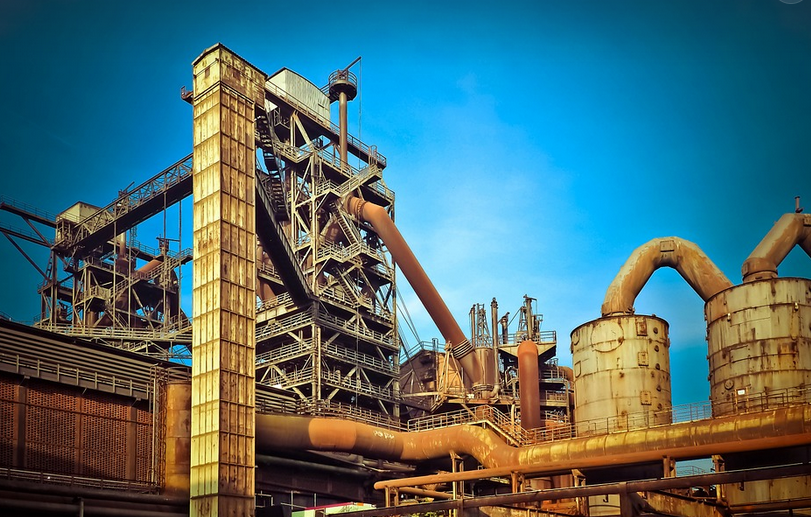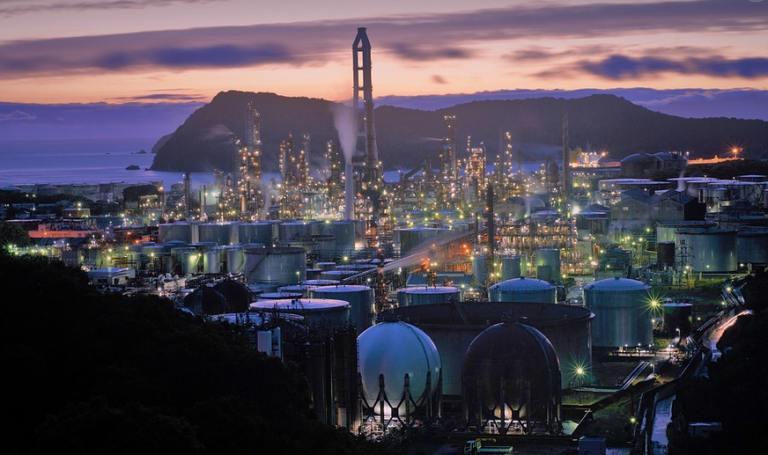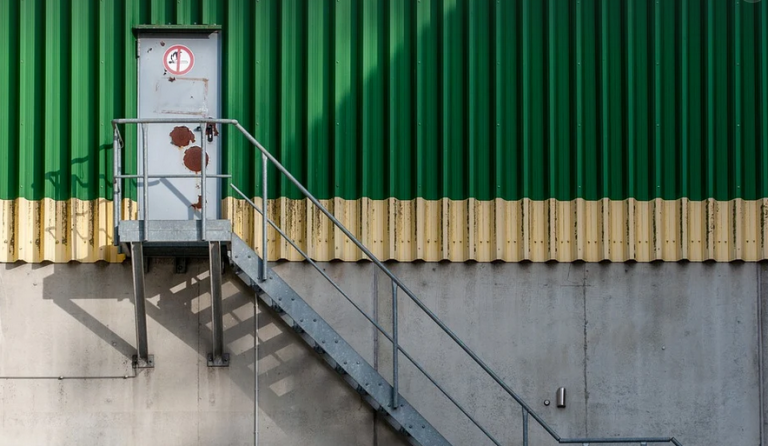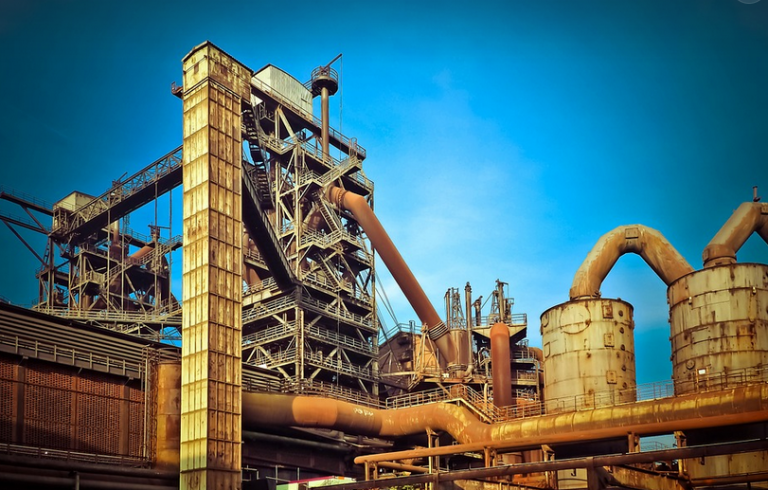
What is Deep Sea Welding?
The deep sea, a realm of perpetual darkness and crushing pressure, holds untold secrets and resources. Yet, exploring this fascinating world requires specialized skills. Enter deep sea welding – a niche field that bridges the gap between traditional welding techniques and the unforgiving environment of the seabed.
Why Choose Deep Sea Welding?
If you’re captivated by the idea of working in remote locations to construct underwater structures, harvest energy from ocean currents, or repair damaged marine infrastructure, then deep sea welding might be your calling. This challenging and rewarding career path offers a unique blend of technical expertise, adventurous spirit, and environmental stewardship.
Deep sea welding isn’t just about laying down weld beads. It involves more than just mastering the art of joining metals. It requires understanding pressure ratings, working with corrosion-resistant materials, and using specialized equipment to ensure structural integrity in the face of extreme conditions.
Beyond the technical side, there’s an intrinsic satisfaction in knowing your work contributes to a larger purpose: exploring new frontiers, safeguarding marine ecosystems, and advancing human knowledge.
The Journey into Deep Sea Welding
To embark on this exciting journey, you need a solid foundation. Here are some essential steps:
**1. Get Your Maritime Foundation:** A strong understanding of boat handling, navigation, marine safety protocols, and maritime regulations is crucial before venturing into the deep sea. Consider enrolling in relevant courses like the STCW (Standards of Training, Certification and Watchkeeping) certificate or equivalent.
**2. Master the Welding Arts:** Deep sea welding demands an intimate understanding of MIG, TIG, submerged arc welding (SAW), and other underwater welding techniques. Enroll in a specialized deep sea welding course at a reputable institution.
**3. Acquire Specialized Equipment Skills:** Under the guidance of expert instructors, you’ll learn the intricacies of using underwater welding tools like remotely operated vehicles (ROVs) or autonomous underwater vehicles (AUVs), and understand how to maintain these complex machines.
**4. Dive into Simulated Environments:** Practical knowledge is best learned through hands-on experience. Explore simulated environments like training chambers or specialized workshops where you can practice your welding skills in controlled settings.
Finding the Right Course
Choosing the right deep sea welding course is critical to your success. Look for programs that offer:
**1. Experienced Instructors:** Seek out courses taught by seasoned professionals who have practical experience working in challenging aquatic environments. Their insights and real-world knowledge will be invaluable.
**2. Hands-on Training:** A program that emphasizes hands-on experience is crucial to develop your welding skills under real-world conditions in simulated or actual deep-sea settings.
**3. Industry Recognition:** Ensure the course provider holds recognized certifications and affiliations from industry bodies, which assures you of receiving a high-quality education and accreditation
**4. Networking Opportunities:** Look for courses that offer networking opportunities with other aspiring deep sea welders or even potential employers in the field.
The Rewards of Deep Sea Welding
Choosing a career path in deep sea welding is an investment in yourself and your future. Here’s why:
**1. High Demand:** As the demand for underwater construction and exploration increases, opportunities for skilled welders become more readily available.
**2. Unique Career Path:** It offers a unique and challenging career path that combines technical expertise with adventure and environmental responsibility.
**3. Global Opportunities:** The possibilities are endless! From deep-sea resource extraction to the construction of underwater wind farms, your skills can contribute to global efforts in sustainable energy and infrastructure development.
**4. Personal Satisfaction:** You’ll be making a tangible difference in various industries, contributing to innovations that improve our world while pushing the boundaries of human exploration.
Remember, deep sea welding is not just about wielding a torch; it’s about mastering a unique set of skills and embracing the challenges and rewards that come with working at the edge of humanity’s exploration.



